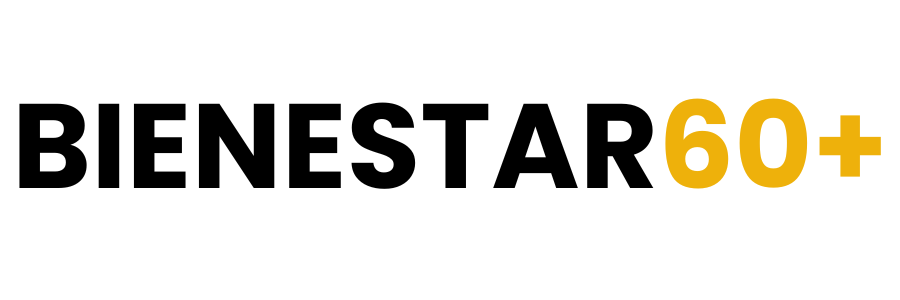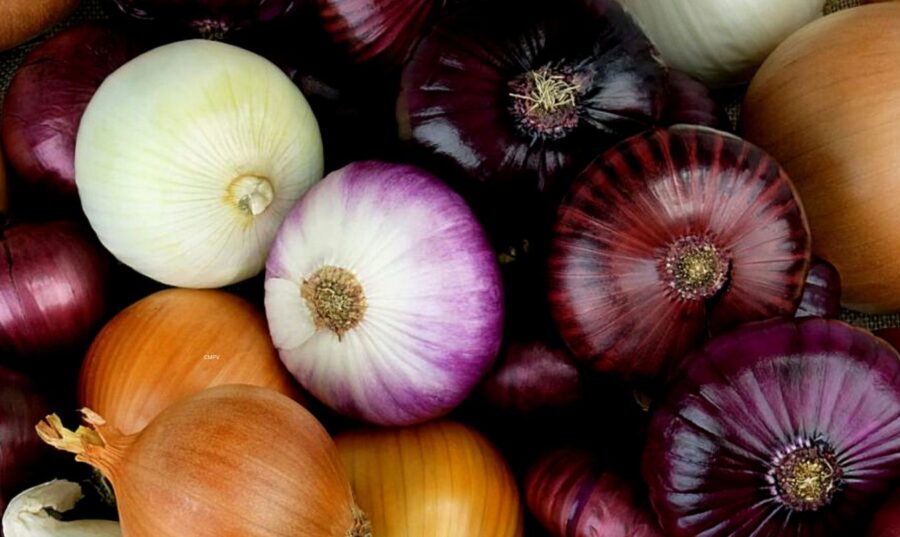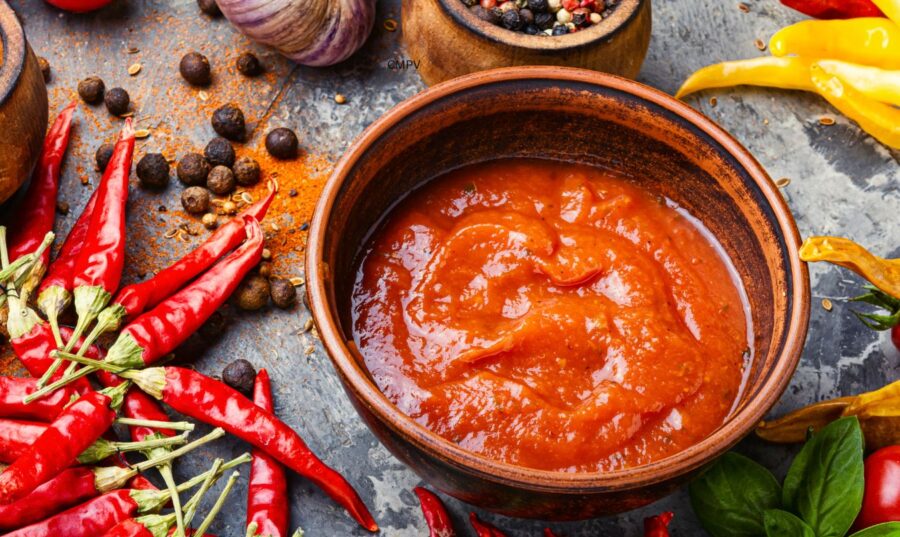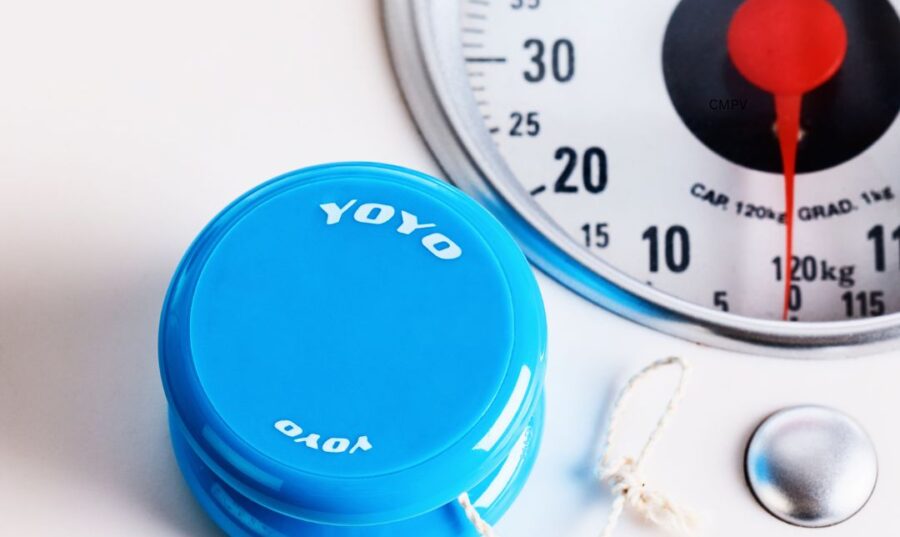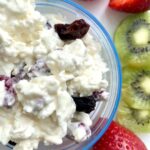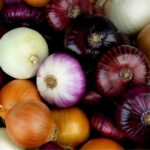|
Getting your Trinity Audio player ready...
|
Resveratrol is the main antioxidant in red wine. The initial discovery that put it in the spotlight was its antitumor (anticancer) activity, discovered in 1997. This antioxidant is also a natural plant antibiotic known as phytoalexin. Resveratrol also has anti-inflammatory, anti-aging, antidiabetic and apoptotic properties (controls cell growth and development, programming cell death).
Research indicates that resveratrol helps:
- lower LDL ('bad') cholesterol
- prevent the formation of blood clots
- reduce the risk of inflammation in the body
- slow the growth of cancer cells
- improve diabetes and reduce its complications
- prevent cholesterol damage to blood vessels
- protect organ function after ischemia
- modulate the immune response against pathogens such as viruses, bacteria and some toxic materials
- protect against various chronic diseases such as cardiovascular, liver, Alzheimer's, Parkinson's, among others
- prevent cellular damage that would cause cancer, particularly colorectal, lung, breast, prostate, ovarian, cervical, liver and gastric cancer
The resveratrol in red wine comes from the skin of the grapes used to create it. Because red wine is fermented longer with the grape skins than white wine, it contains more resveratrol. 5 ounces of red wine have 30 to 1.07 milligrams of resveratrol, 5 ounces of rosé wine have about .06 milligrams and 5 ounces of white wine only have .01 to .27 milligrams. Other food sources of resveratrol are: peanuts (boiled, raw or butter) red, purple and blue grapes, as well as the juice of these grapes. The amount of resveratrol in purple and blue grapes can reach 1.5 milligrams in 1 ¼ cup grapes or 6 ounces 100% juice. In the peanuts (1 cup boiled or raw) we can consume 1.3 milligrams of resveratrol.
The other side of resveratrol
If you are drinking red wine, do so in moderation. Moderate is an average of two drinks a day for men and one drink a day for women. For red wine, 5 ounces is one shot of alcohol. To prevent heart disease, the American Heart Association and the National Heart, Lung, and Blood Institute do not recommend drinking alcoholic beverages. Alcohol can be addictive and is associated with other health problems. Drinking too much alcohol increases the risk of high blood pressure, high triglycerides, liver damage, obesity, certain types of cancer, and accidents. Even small amounts of alcohol can cause cardiomyopathy (weakness of the heart muscle), presenting symptoms of heart failure in some people.
High intake of resveratrol in supplement form could increase the risk of bruising and bleeding when taken with anticoagulant, antiplatelet, and even non-steroidal anti-inflammatory drugs. Some companies sell supplements containing resveratrol claiming they are for heart health. However, if you have cardiovascular problems, these supplements cannot replace medications prescribed by your doctor, including aspirin. Let's also remember that there are other strategies that offer better protection against cardiovascular diseases, such as eating healthy, exercising regularly, not smoking, and maintaining an appropriate weight.
Main references
Kulkarni, SS & Cantó, C. (2015). The Molecular Targets of Resveratrol. Biochimica et Biophysica Acta – Molecular Basis of Disease, 1852(6): 1114-1123.
Meng, X., Zhou, J., Zhao, CN, Gan, RY & Li, HB (2020). Health Benefits and Molecular Mechanisms of Resveratrol: A Narrative Review. Foods, 9(3): 340. doi: 10.3390/foods9030340
